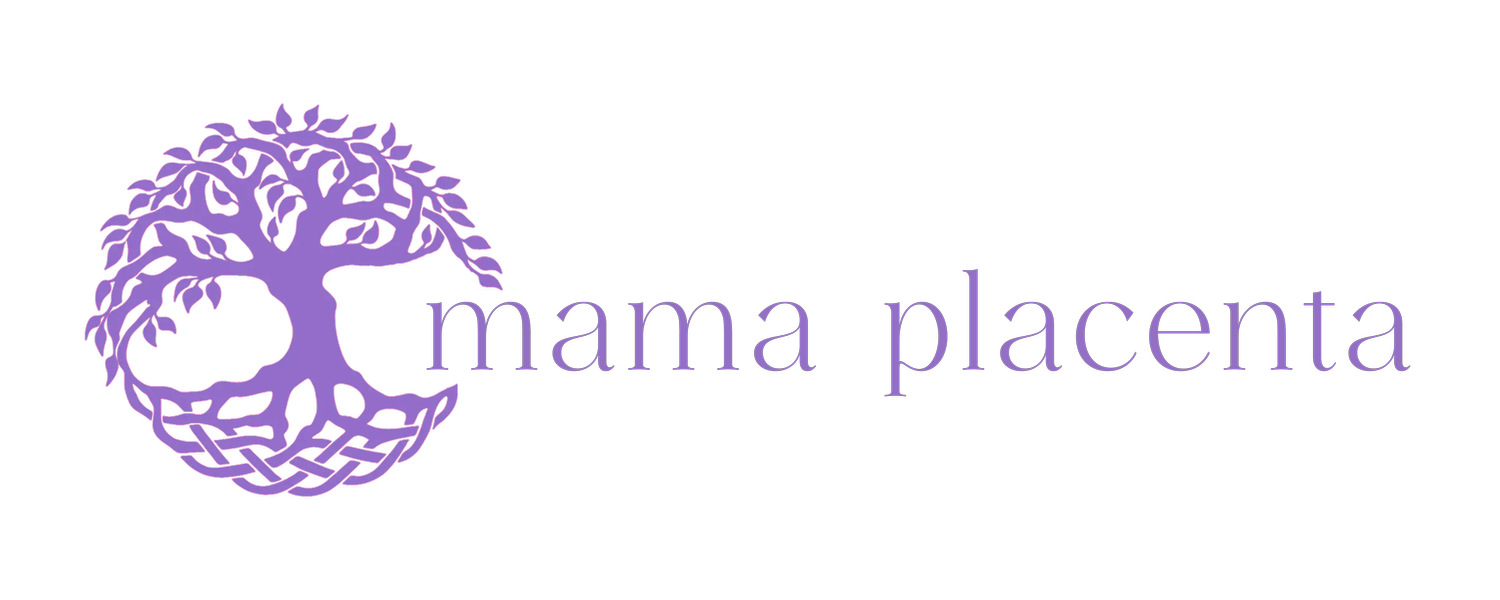Is Placenta Encapsulation Safe? What the Science Says
Bringing a new life into the world is one of the most sacred, vulnerable, and empowering experiences a woman can have. And as mothers, we want to make choices that honour that journey—choices that feel safe, nourishing and rooted in love.
If you’re here, you’ve likely heard about placenta encapsulation and are wondering:
Is it safe? Is it backed by research? Can I trust this process?
The answer is reassuring: Yes—when done properly by a trained specialist, placenta encapsulation can be a safe and supportive part of your postpartum recovery. Let me walk you through the science, the process, and the peace of mind it offers.
What is Placenta Encapsulation?
Placenta encapsulation is the process of steaming, dehydrating, and grinding the placenta into powder form, which is then placed into easy-to-take capsules. This allows you to gently reintroduce key nutrients and hormones into your body after birth, supporting your emotional and physical recovery in a personal, natural way.
What the Research Says About Safety
1. The Jena University Study (Germany)
One of the most thorough studies on placenta safety came from Jena University Hospital, which investigated what happens to the placenta during the encapsulation process.
Here’s what they found:
After steaming and dehydration, all harmful bacteria were eliminated, meaning the capsules were microbiologically safe.
Hormones like estrogen, progesterone, oxytocin, and CRH remained in low, gentle levels—ideal for the postpartum body.
Levels of heavy metals (lead, mercury, cadmium, arsenic) were all well below EU safety limits, making placenta capsules safe for consumption when properly prepared.
This study gives real peace of mind to mothers wanting something that is both natural and science-backed.
“The Jena study confirms that placenta capsules, when made correctly, are not only free from harmful microbes but also retain valuable hormonal elements to gently support recovery.”
2. UNLV Pilot Study (USA)
In a separate study from the University of Nevada Las Vegas, mothers who consumed their encapsulated placenta reported:
Improved energy levels
More stable mood and emotional wellbeing
Enhanced milk supply
A sense of empowerment and control during the fourth trimester
While the researchers noted that hormone levels in the capsules were mild, 95% of participants said they’d do it again—proving how meaningful this support can be for many new mothers.
“Even if some benefits come from belief or ritual, if it helps a mother feel grounded, supported, and strong—then it’s a benefit worth having.”
My Safety Standards as a Placenta Specialist in Northern Ireland
As a certified placenta specialist based here in the North of Ireland, your safety is my number one priority. I process each placenta with the highest standards of care:
Fully trained and certified with IPEN
One placenta at a time to avoid cross-contamination
Purpose-built, Registered lab
Compliant with Environmental Health and Food Hygiene Regulations
Only eco-conscious, food-grade equipment used
Strict temperature, timing and sanitation procedures followed at every step
Everything is done with deep respect for your body, your baby, and your birth.
Final Thoughts: A Safe, Sacred Choice
Choosing to encapsulate your placenta is a personal, powerful, and completely safe option—when done by someone you trust. Whether you’re drawn to the physical benefits, the emotional support, or the symbolic act of honouring your body’s wisdom, placenta encapsulation offers a gentle way to support yourself in those early days of motherhood.
You’ve given your baby life. Now it’s time to give a little something back to yourself.
Ready to Learn More?
I’d love to answer any questions you might have. Feel free to message me directly, or browse my other blog posts where I share more about the benefits of placenta capsules, what’s inside them, and real stories from local mums.
